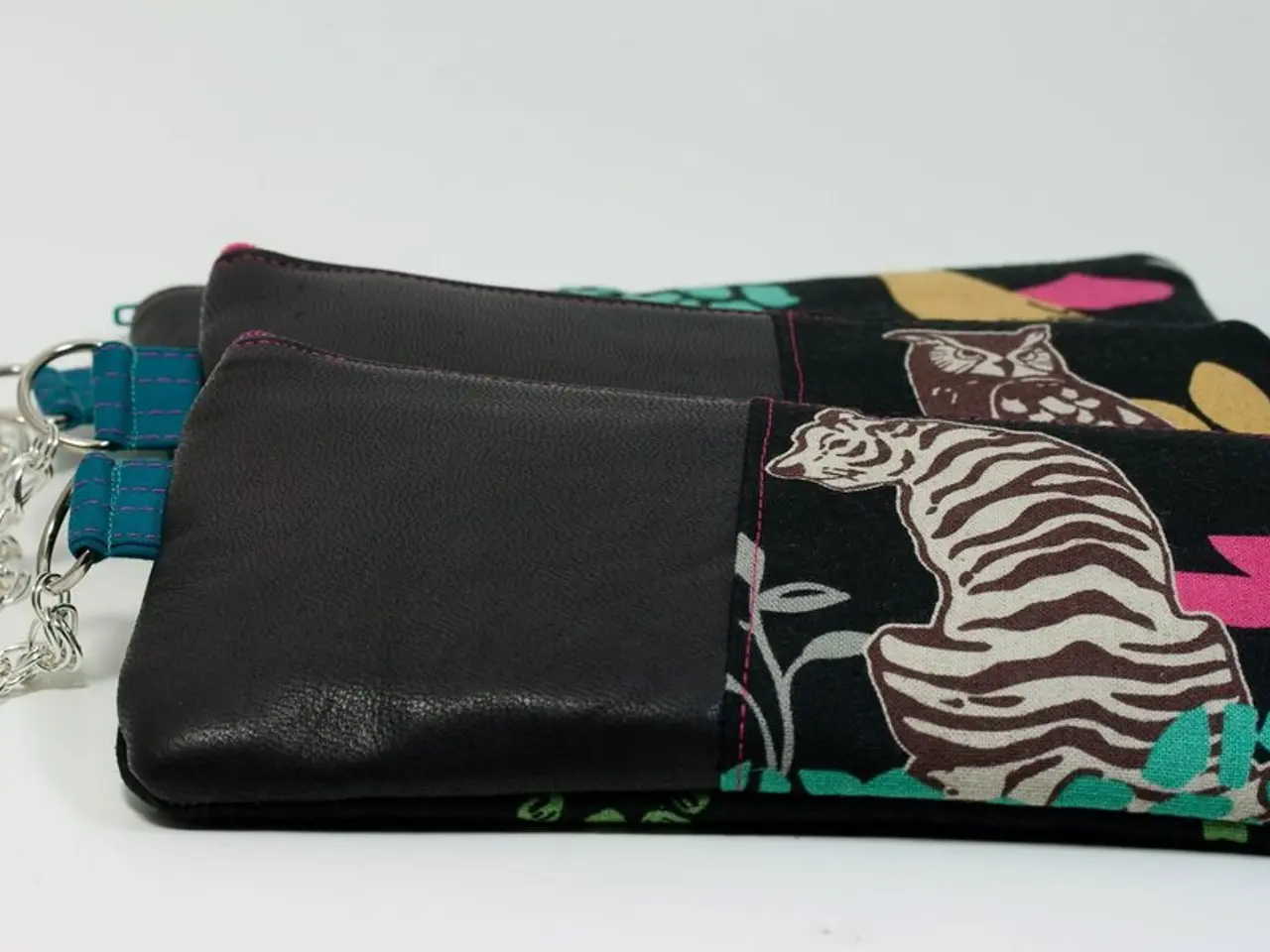Composition and Functioning of the Financial System: Breakdown and Explanation
Alrighty then, let's dive deep into the gritty world of finance, partner! We're gonna talk 'bout the key components of the financial system. Let's get started, shall we?
Here's a quick run-down:
- Financial market
- Financial assets
- Financial institutions
- Financial services
- Central bank
- Payment system
Financial Market: This is where the wild rodeo happens, mate. Savers and users of funds come together to trade financial assets. They include the money market, capital market, forex market, and derivatives market. The real estate and commodity markets also have their place in the financial market because of financial products exposed to them, like commodity ETFs and Real estate investment trusts (REITs).
Capital Market: Here's where things get interesting, mate. The capital market deals with long-term securities like bonds and stocks. Bonds offer fixed returns and stocks represent ownership. Governments, corporations, and even international institutions issue these to fund projects like infrastructure investments. Just watch out for credit risk and interest rate risk, though. Remember, with great returns come great risks.
Money Market: Alright, so unlike the capital market, the money market trades short-term instruments. Treasury bills, central bank bills, certificates of deposit, bankers' acceptances, and even near maturity long-term bonds are what's goin' down here, mate. This market provides short-term liquidity to issuers, like corporations, to meet their working capital needs. Compared to the capital market, instruments in the money market carry a lower risk but offer lower returns.
Derivatives Market: This market deals with derivative instruments, like options, swaps, futures, and forwards. Their value comes from the underlying assets. They allow you to manage risk by taking on a protective position with credit default swaps (CDS), take a leveraged position to amplify profits, or even enter a short position when you expect the underlying asset price to decrease. Just remember, mate, there's always the risk of taking a profit hit if things don't go your way.
Financial Assets: Non-physical assets that pass funds from savers to users. They include stocks, bonds, time deposits, and commercial paper. Financial assets serve as a means for savers to get a return on their funds and for users to collect money.
Financial Institutions: Banks, financing companies, brokerage companies, trust companies, insurance companies, investment dealers, underwriters, pension funds, investment banks, mortgage loan companies, credit unions – they're all part of the gang, mate. They provide a variety of services like banking, financing, investment management, clearing, custodian, underwriting, and payment systems. They're essentially the backbone of the financial system.
Financial Services: Non-physical products provided by financial institutions, such as savings and loans, cash and wealth management, investment management, accounting services, and payment systems. Essentially, they help with managing your money and providing you with investments opportunities.
Central Bank: The central bank plays a crucial role in the financial system. It controls monetary policy and has the authority to print money. It also manages foreign exchange and gold reserves, provides credit to banks, acts as the lender of last resort, supervises the banking system, and oversees payment systems. Central banks are usually independent within the government system and not under an executive agency.
Payment System: The payment system is how money circulates from one hand to another. It includes institutions, instruments, banking procedures, and funds transfer systems. Advanced payment systems allow for quick, low-cost transfers and act as a foundation for financial stability. However, during volatile times, it can spread shocks throughout the financial system and economy.
So there ya have it, partner. Now you're ready to hit the streets and make some serious financial moves. Just remember, there are always risks involved, and it's essential to do your research before jumping in feet first. Happy trading!
- When it comes to investing your personal finances, understanding the different financial markets, such as the money market, capital market, forex market, and derivatives market, is crucial for making informed decisions as they each have their unique assets and risks.
- To secure business funding, exploring various financial services offered by institutions like banks, financing companies, and investment dealers can be beneficial. These services range from banking and financing to investment management and accounting services.







